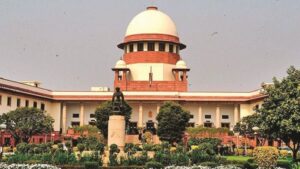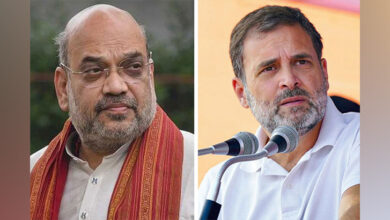Madrasa closure verdict in Uttar Pradesh suspended
The Supreme Court of India stayed the Allahabad High Court’s decision to ban madrassas in Uttar Pradesh, India’s largest state. There are about 16 thousand madrasas in this state. 1.7 million students study in them.
On Friday, quoting Chief Justice of India DY Chandrachud, the country’s news media NDTV reported that the judgment given by the Allahabad High Court was initially incorrect.
In its verdict last month, the Allahabad High Court said the 2004 Act under which madrassas were running was “unconstitutional”. Because it is breaking India’s principle of secularism. Because of this, the High Court declared this law null and void. Besides, the students studying in madrassas were also ordered to be transferred to general educational institutions.
Allahabad High Court on Friday stayed the judgment of the Indian court banning madrasa education in Uttar Pradesh, the Supreme Court said. And there will be no harm to secularism by setting up this board.
Chief Justice Chandrachud, in his judgment, said the Allahabad High Court, by staying the Act, directed the students to be transferred to other educational institutions. However, 17 lakh students will be affected by this verdict. Our observation is that it is not fair to transfer so many students together.
Chief Justice Chandrachud also said, if the PIL is intended, secular education such as mathematics, science, history and languages will be taught in madrasas. Then this objective cannot be achieved by repealing the Madrasa Act-2004.
Senior lawyer Abhishek Manu Singhvi fought for the Madrasa in the Supreme Court. He told the court that the future of 10,000 teachers and 1.7 lakh students of madrassas will be bleak due to the Allahabad High Court verdict.
He also told the court that it is wrong to say that quality education is not imparted in madrasas. Besides, it cannot be said that Madrasa is not universal and extensive. Besides, the order given by the High Court to close the madrassa is a discriminatory judgment.





